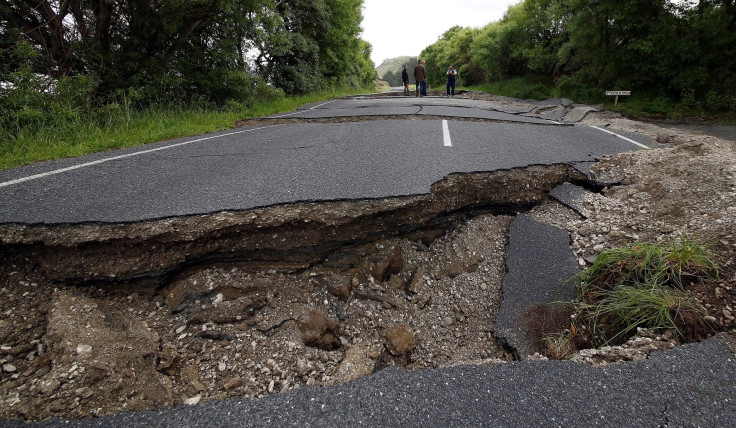Iraq-Iran earthquake kills over 100; Residents flee their homes for the streets

Iranian officials have declared that more than 100 people were killed and about 1,000 were injured after an earthquake on Sunday in the Iraqi city of Halabja. Fears of aftershocks sent thousands of people onto parks and streets.
The state media said that over 130 people have been killed in Iran and Iraq after the earthquake hit the border region between the two countries. The quake had a magnitude of 7.3, according to the US Geological Survey (USGS). Its epicenter was placed at about 18.6 miles southwest of Halabja.
The deputy governor of Iran’s Kermanshah province on the Iraqi border said that at least 129 were dead. The death count was likely to rise.
USGS has issued an "orange" alert for "shaking-related fatalities and economic losses." The agency stated, "Significant casualties and damage are likely and the disaster is potentially widespread- past orange alerts have required a regional or national level response.”
Several Iranian and Iraqi cities were left with no electricity. Iranian interior minister Abdolreza Rahmani Fazli said in an interview on state television that the night has made it difficult for helicopters to fly to the impacted locations. He said they are worried about remote villages as some roads were cut off. The semi-official Iranian ILNA news agency reported at least 14 provinces in Iran affected by the earthquake.
The most extensive damage on the Iraqi side was in the town of Darbandikhan, 75 km east of the city of Sulaimaniyah in the semi-autonomous Kurdistan region. Kurdish health minister Rekawt Hama Rasheed told Reuters the situation in Darbandikhan was “very critical.”
The quake destroyed old houses in Sadr City. Some people fainted, with the health department in Baquba, Iraq, saying it had received over 30 fainting cases. Five people were hurt in Khanaqin, and the minaret of one of the city's largest mosques toppled to the ground.
In Halabja, an electric cable fell during the earthquake. It reportedly took the life of a 12-year-old boy who died from electric shock.
Many residents in the Iraqi capital, Baghdad, rushed out of tall buildings in panic. Among them was Majida Ameer. “I was sitting with my kids having dinner and suddenly the building was just dancing in the air,” The Guardian quotes Ameer as saying. She said she initially thought it was a huge bomb until he heard people running and screaming that there was an earthquake.






